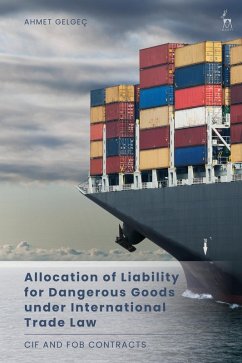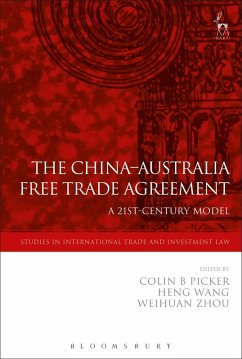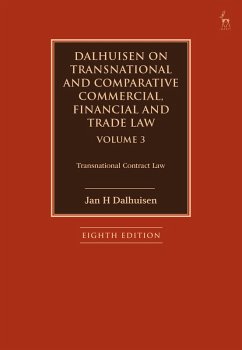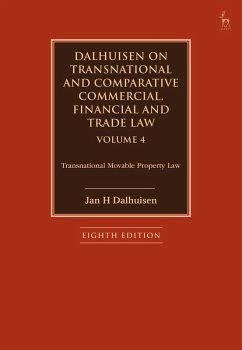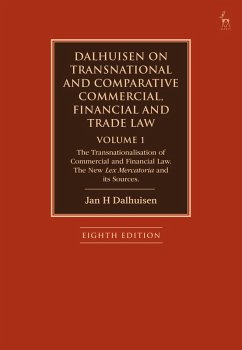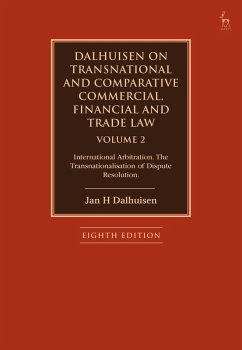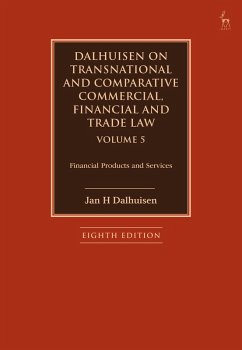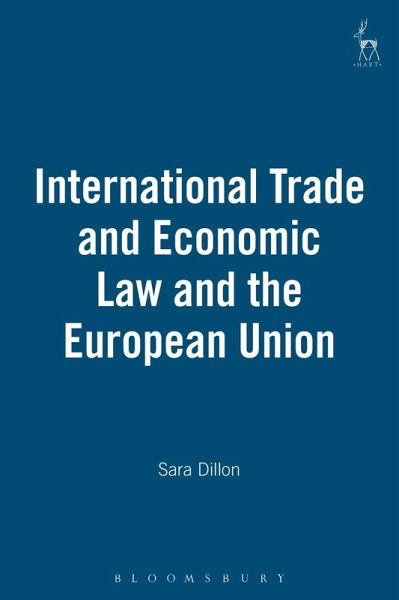
International Trade and Economic Law and the European Union (eBook, PDF)

PAYBACK Punkte
31 °P sammeln!
This timely book explores the developing nature of international trade law,with particular emphasis on World Trade Organization law and its effects within the European Union. In the aftermath of the Seattle upheaval, vital questions are being raised as to the future course of global economic law; its overall legitimacy, implications for democracy, for national social and environmental policies, and for the well being of the world's people. This highly technical subject is rigorously analysed, yet the main legal developments and the major trade disputes are discussed in an accessible narrative ...
This timely book explores the developing nature of international trade law,with particular emphasis on World Trade Organization law and its effects within the European Union. In the aftermath of the Seattle upheaval, vital questions are being raised as to the future course of global economic law; its overall legitimacy, implications for democracy, for national social and environmental policies, and for the well being of the world's people. This highly technical subject is rigorously analysed, yet the main legal developments and the major trade disputes are discussed in an accessible narrative style. The first section covers the common historical roots of the GATT and the EC, systems of integration that were part of an idealistic post-war heritage. The book goes on to demonstrate the idiosyncratic development of GATT law, leading to the launch of the WTO in 1995 and the controversial Uruguay Round Agreements which represented the beginning of an enormous proliferation of causes of action and a greatly enhanced legalism for the global trading system.





